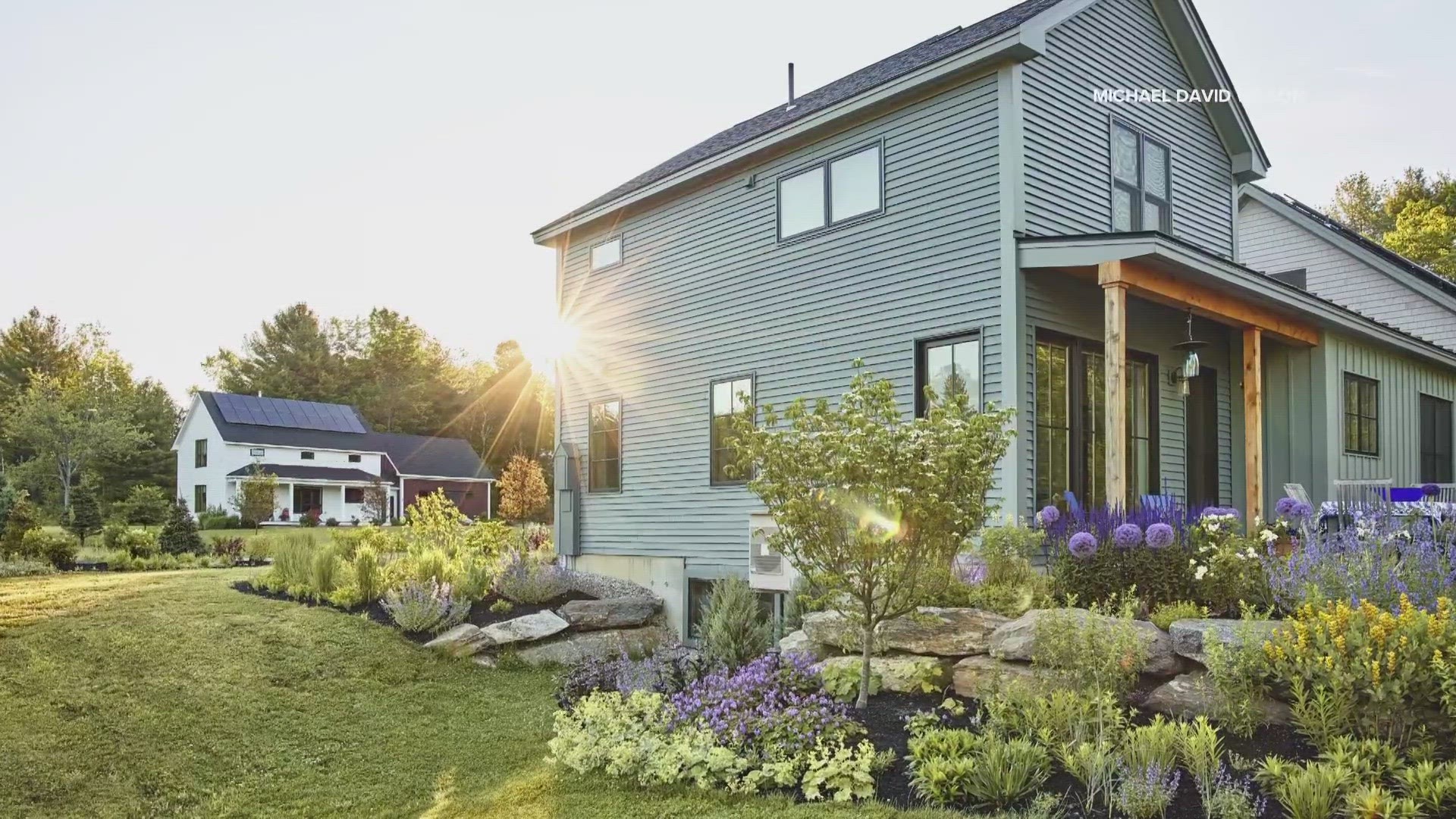MAINE, USA — In the past two decades, builders constructed millions of homes, many of which were badly built and unhealthy for their occupants and the planet.
That blunt assertion comes right in the first paragraph of “Pretty Good House: A Guide to Creating Better Homes,” a book written by four Mainers who, by their own admission, are all a bit obsessed with what’s known as building science. Their professional interest is not surprising: two of them are architects, one a designer, and one a building contractor.
The aim of their book is straightforward. They want people involved in “designing, building, or owning houses to make them better—more efficient, more resilient, and healthier—even as we strive to make them more comfortable, and beautiful.”
What can those of us who don’t design or build houses but merely live in them do to make that goal a reality? For starters, we can make them smaller. How? By thinking hard about how we actually use—or don’t use—our home space.
Don’t, for instance, come up with a plan for a house based on the one day a year when you have everyone over for Thanksgiving.
“Design it for 364 days a year based on how you’re going to use it and what you can afford to build,” says architect and “Pretty Good House” co-author Emily Mottram. “The guest space that you build, if it adds $50,000 to your project, that’s a lot of hotel room nights or rentals.”
There are countless obstacles to building better houses, one of them being costs that have soared in recent years. Constructing a pretty good house in Cumberland County, for instance, starts with a price tag of at least a half million dollars.
Still, the authors hope their book, which they describe as both a how-to and a why-to guide, will be a catalyst for change. In the years ahead, co-author and building contractor Dan Kolbert would be gratified if more buyers started asking for small, simple houses.
“I joke in the book that the ideal pretty good house is what a kindergartener would draw if you gave him a crayon and a piece of paper,” he says. “I would be thrilled to see that.”

